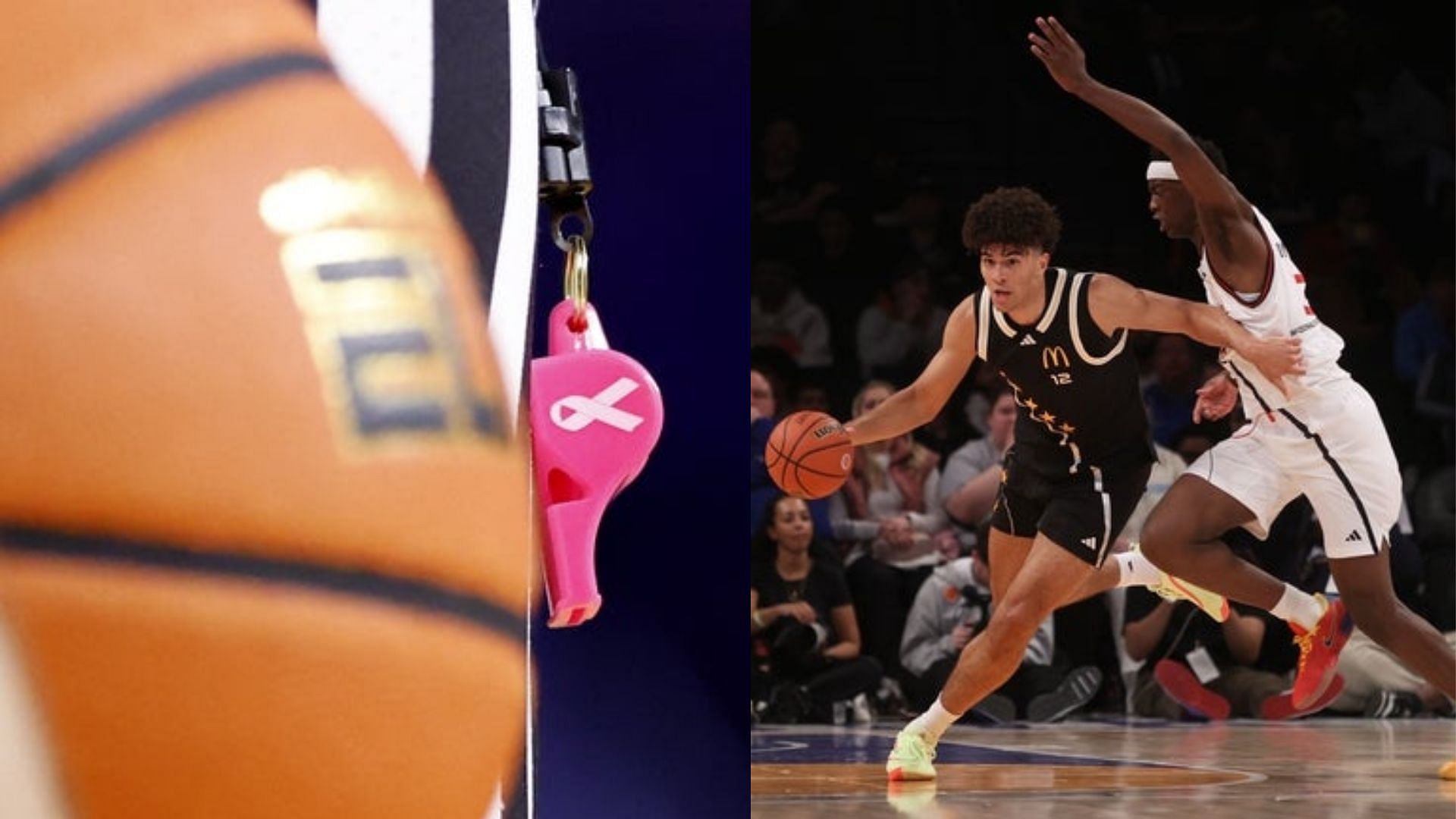
Anonymous athletic director calls out new revenue-sharing system following NCAA vs House settlement
An anonymous athletic director has criticized the new revenue-sharing system, calling the initiative a potential trigger for lawsuits if the NCAA doesn't introduce enforcement mechanisms to stem the tide.
On Friday, the House vs. NCAA settlement was approved and it is expected to restore order amidst the so-called Big Money Era in college sports. The ruling grants Power 4 and Division I schools the authority to directly compensate student athletes through a $20.5 million year-one revenue-sharing cap.
The unnamed official cited the possible repercussions of the initiative in various high-maintenance sports, including college football and college basketball, expecting a future settlement.
"If you tell a booster or business owner they can't give a star player $2 million, there will be lawsuits," said the official. "There’s no enforcing this. Fair market value? F— Deloitte. This is going to get even crazier."
On July 1, the revenue-sharing cap takes effect, covering every sport. However, the settlement paved the way for the establishment of a College Sports Commission that will monitor and enforce the regulations.
The commission monitors outside deals to ensure the transactions reflect a valid business purpose and work within the compensation limits.
It also created the so-called NIL Go, a clearinghouse managed by accounting firm Deloitte that calls for athletes to self-report any third-party NIL deals worth at least $600 for review.
Deloitte will scrutinize transactions and flag them if they fail to meet the purpose. The accounting firm will then recommend whether such deals are headed for arbitration or require a slight cost adjustment.
Anonymous athletic director asks for stricter measures to address the possible loophole in the House vs NCAA settlement
The anonymous athletic director urged NCAA officials to introduce more stringent measures — possibly in the form of suspensions or disqualifying the athletes from playing — to deter these acts from happening in the future.
Notably, most directors aren't in favor of a toothless regulatory measure that hands out minor punishments for schools or athletes who were involved in over-the-top pay-for-play schemes.
“There are a lot of rich people that can’t buy a professional sports franchise, but they can give a ton of money to their alma mater,” said a power conference administrator. “And if you’re telling millionaires and billionaires what they can and can’t do with their money, you’re probably going to lose that battle.”
The college sports scene has been eventful over the past few weeks due to the anticipation of the House vs. NCAA settlement. Fans are now waiting for the full implementation and which college basketball programs will breach the new regulations.